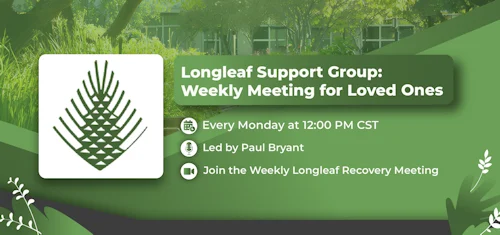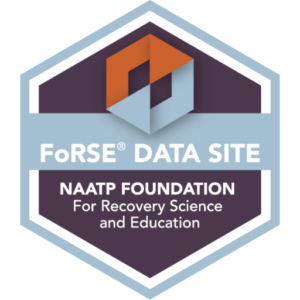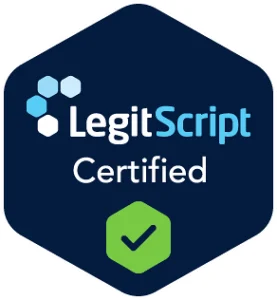Opioid use can be a difficult disorder to treat, requiring both professional expertise and compassion. Opioids come in a variety of forms such as Vicodin and Percocet or heroin and fentanyl. Opioids in any form can lead to dependency and they all carry the risk of overdose. If opioid addiction has affected you or someone you love, contact us immediately our effective treatment approaches.
Because most insurance companies cover some type of substance use treatment, the individual can call their place of employment to get the specifics of their plan. Most treatment programs can provide a complimentary verification of a person’s insurance plan. Longleaf Recovery & Wellness is in-network with several insurance providers, including Blue Cross Blue Shield, however, we accept all private insurance plans.
Types of Treatment for Opioid Addiction
- Buprenorphine: This medication activates certain brain receptors, thus reducing or even eliminating cravings and other symptoms of withdrawal. Buprenorphine can be taken in daily doses or administered as weekly or monthly extended-release injections.
- Naltrexone: This medication blocks opioid receptors in the brain, preventing euphoria if opioids are used. This also helps to decrease cravings. Naltrexone can only be administered after an individual is completely detoxed from opioids, usually 7-10 days from last use. Naltrexone can be taken daily but is thought to be more effective as a monthly extended-release injection.
- Methadone: This medication also activates brain receptors opioid cravings and withdrawal as well as blunting or blocking the euphoric impact of opioid use. Though effective for many individuals, methadone must be taken every day and is generally only distributed on a daily basis at specialized clinics.

How Do I Know I Need Opioid Treatment?
- Isolating from friends and family
- Avoiding responsibilities and hobbies
- Financial problems
- Difficulties at work or school or in relationships
- Trying to quit taking opioids but being unable to do so
- Withdrawal symptoms when not using
- Flu-like symptoms
- Sleepiness
- Change in eating habits
- Weight loss
- Loss of interest in personal hygiene
- If prescribed opioid pain medication, using more than prescribed or running out of medication early

What Happens During Opioid Treatment?
Insurances We Accept

Begin Opioid Addiction Treatment Today









